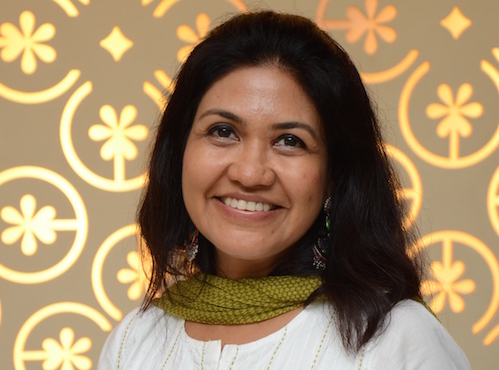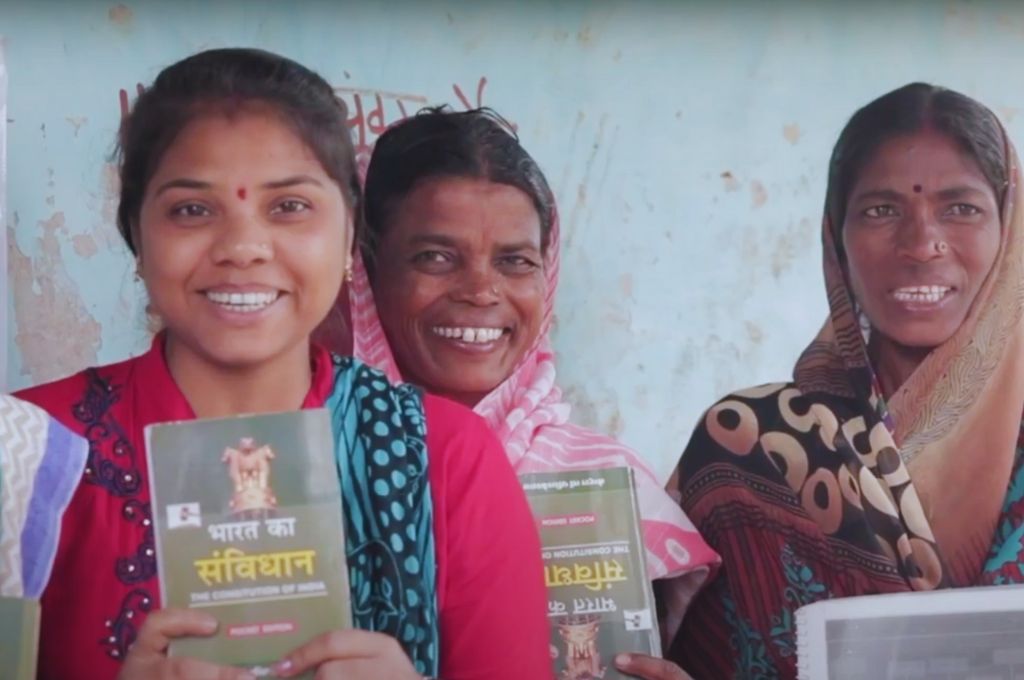What does philanthropy in India look like today, and what has it managed to do? Is it really changing the world and people’s lives? Or is it simply an extension of capitalism and an opportunity for the super-rich to strengthen their stranglehold on economic activity as well as development and social progress?
In India, the CSR guidelines as outlined in the Companies Act 2013, was first met with great distress and protest about an additional, disguised tax being levied on corporations to do what governments needed to do. In the five years since, any corporation worth its salt is producing detailed sustainability reports to attest to its good corporate citizenship.
However, skepticism around philanthropy is growing
Critics like Anand Giridharadas worry that asking philanthropy to solve society’s problems means the return of ‘unfettered paternalism’. Elizabeth Kolbert asks “Are today’s donor classes solving problems–or creating new ones?” and possibly, also answers her own question when she says that “We live, it is often said, in a new Gilded Age—an era of extravagant wealth and almost as extravagant displays of generosity”.
Or perhaps as David Remnick comments “Philanthropy isn’t only fascinating in itself; it’s also a window into the structure of the contemporary world”. There is little trust in ‘the man of wealth considering himself the mere trustee and agent for his poor brethren, bringing to their service his superior wisdom, experience and ability to administer’.
This criticism of philanthropy covering for the excesses of business is rather more widespread today than before. In a sense, the pursuit of profit alone, or the doctrine of shareholder primacy at the expense of other stakeholders is under attack; and has been for some time now.
Profit above all else
There is widespread belief that corporations pursue profit and market capitalisation to the exclusion of broader citizenship, whether for their employees or the environment. Personal profit, wealth, and renown seem to take precedence over equitable distribution of wealth.
The belief that capitalism is amoral is being deeply questioned.
Large tobacco companies continue to make money off a deadly habit. The pharmaceutical industry has built its fortune on super drugs, which are inaccessible and expensive to those who need them the most. Big banks have paid considerable fines as they acknowledged bad practices and mis-selling. The FMCG industry has been criticised for creating a consumer society, setting aspirations driven by materialistic objects rather than values. And the food industry has been accused of exacerbating the obesity epidemic.
The belief that capitalism is amoral is being deeply questioned. And companies have traditionally countered these increasing questions on perception through sustainability initiatives, marketing campaigns, brand-building, and CSR.
The push and pull of governments
Along with this deep mistrust of corporations and their motives, we also know that public trust in government has been steadily declining.
In India, central government expenditure has been falling continuously as a percent of GDP, from 13.34 percent in 2014-15 to 12.77 percent in 2017-18. This has put pressure on public spending and on schemes for the poor.

Philanthropy isn’t only fascinating in itself; it’s also a window into the structure of the contemporary world. | Picture courtesy: Charlotte Anderson
Government departments are also playing an increasing role in directing the behaviour of both civil society and philanthropy by openly pushing and calling for both consultations and financial support for efforts they deem critical. So, while we continue to believe that working with government is important to achieve long-term systems change, the space in which that dialogue can be had is getting smaller.
A deepening of inequalities
The Credit Suisse Global Wealth Handbook shows that the top one percent of India’s population share of national wealth grew from 36.8 percent in 2000 to 58.4 percent in 2016. Over the same period, the bottom 10 percent of Indians’ wealth fell from 0.1 percent to -0.7 percent.
In the midst of this, the sense of a shrinking civil society is all too pervasive. While funding for social causes has increased steadily, we also have civil society tell us that funder-directed efforts have increased. Operating foundations by philanthropists have also grown.
Because, finally it is the elite that controls the resources when it comes to philanthropy. As Edgar Villanueva, author of the book Decolonizing Wealth, puts it: “Philanthropy is top-down, closed-door and expert-driven”.
Villanueva says that funders need to ask three questions: Where did this money come from? Who gets to allocate, manage, and spend it? And, how can we rise above the processes we’ve created to reach folks who may have different solutions?
These are important questions because, as I was told at a recent gathering, the issues that plagued the sector three decades ago still persist: severe restrictions on unrestricted funding or organisation costs, unrealistic measurement, a short-term orientation, and a band-aid approach to solutions. Most importantly, though, there is a lack of dialogue between stakeholders on solutions.
What can philanthropists do to ensure that there is more alignment with what society wants?
Former RBI governor, Raghuram Rajan has called for economists across the country to re-think, strengthen and empower local communities and civil society as a means to more equitable growth. We need to have a similar conversation on new approaches for the philanthropic sector.
So, what can we as philanthropists do to seem more aligned to the needs of society and be able to contribute more towards the same? Here are some steps:
We–particularly funders and donors–are doing a large disservice to society by claiming that we are ‘transforming lives’ and then quantifying that transformation through numbers. This language that we use has led to numerification of an extreme kind–first of the ‘beneficiary’ and then multiplied by five for family size.
Needless to say, there is a huge ring of arrogance attached to this line of thinking.
It is time we understood that transformation is a process that comes from within and is enabled by nudges and triggers.
Who are we to transform lives? Do we seriously believe that this is something we are doing? Using this language suggests that the communities we work for are helpless victims, with no aspirations of their own, instead of the fighters that we know they really are. It is time we understood that transformation is a process that comes from within and is enabled by nudges and triggers. We are not transforming lives, we are merely enabling transformation.
While we at EdelGive too have been guilty of claiming to have transformed lives, I hope to now give this term a quiet burial.
We need to hear a lot more from the communities we serve, and we need to ask to hear from them. In her piece titled ‘Time for a Three-legged Measurement Stool’, Fay Twerksy argues that funders need to go beyond traditional monitoring and evaluation to focus on feedback.
She talks about this feedback as a process, which involves systematically soliciting, listening to, and responding to the experiences of nonprofit participants and customers about their perceptions of a service or product. Twersky reiterates, that by listening to customers’ experiences, preferences and ideas, we can gain insights that will help improve the quality and effectiveness of social programmes.
It is this moving away from quantifiable evaluation practices to those which include a two-way dialogue, that can help the funder community raise the bar for their programmes. It is no longer enough to have a one-way assessment of programme delivery. M&E can no longer just be a tool to judge the accountability of a programme. It has to go beyond that.
Finally, we need to understand that all the problems we confront are interconnected and that we therefore need to find interconnected solutions to them. We also need to look beyond the outcome of programmes to strengthen the processes that help bring about these outcomes.
At EdelGive Foundation, we have tried to implement this line of systems thinking across our portfolios, but particularly in education. And it looks as follows: instead of looking at school enrollment numbers (which is what state governments were working on, and what data was being collected around), we looked at a factor that influences enrollment–learning levels in schools. For this, we worked directly with the service provider–the government–towards addressing the issue. We worked with district and block level government administrators, head masters, teachers, and parents inbuilding a systemic programme for education.
While we, as philanthropists, have a long way to go, I am confident that dialogue and deliberation will pave the way for a much better structure of philanthropy, one which is inclusive and committed to genuine social progress.



